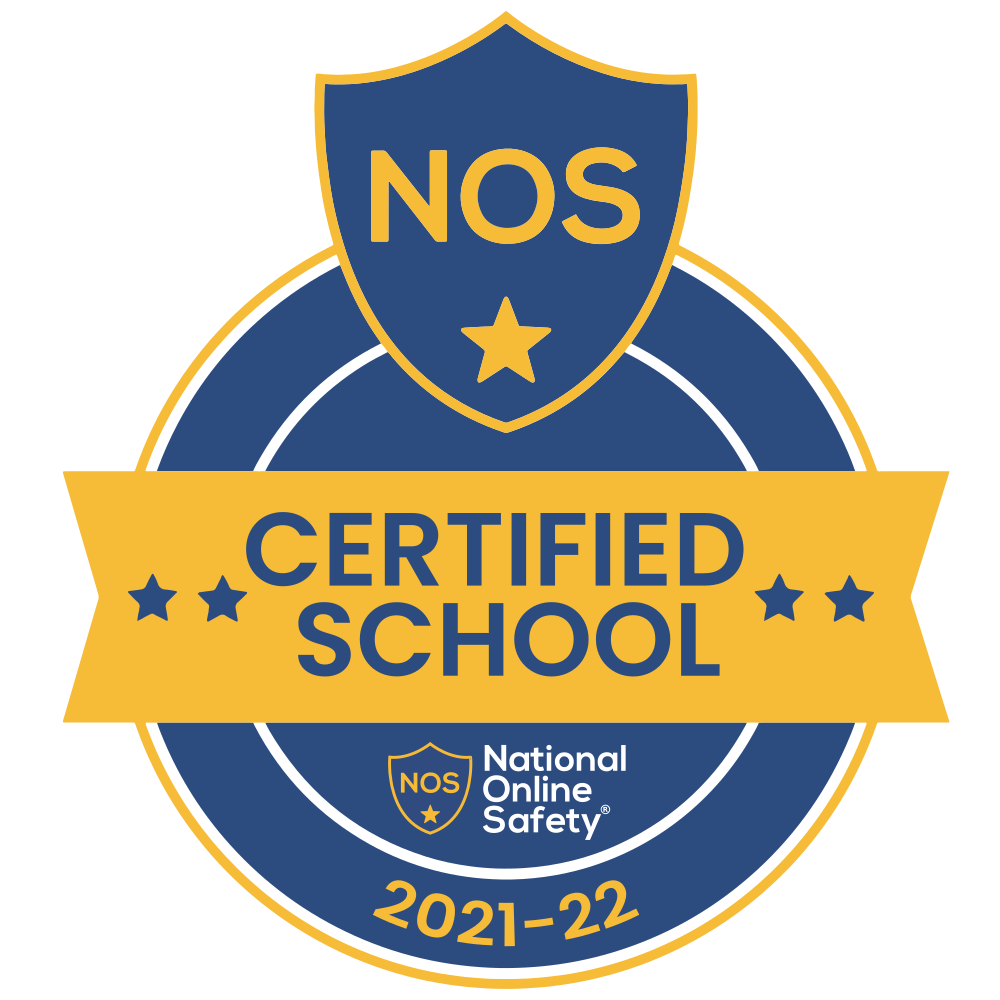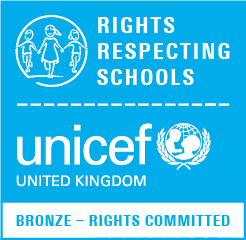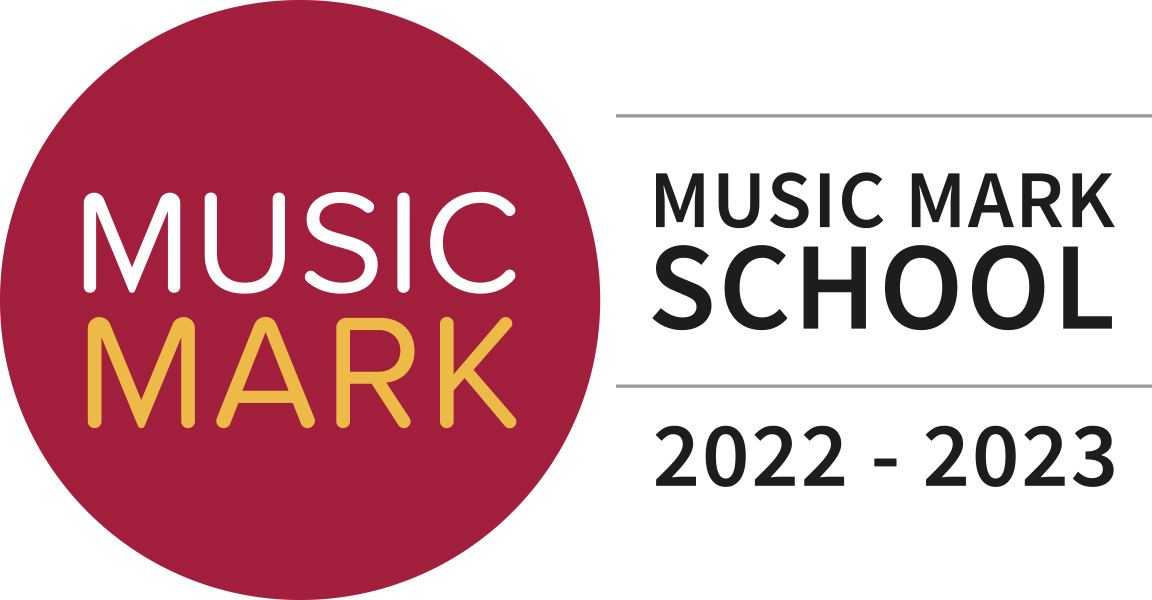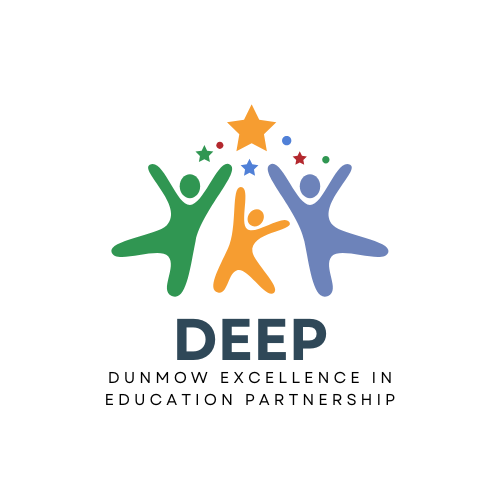Year One
MEET THE TEAM

Megan Birch - Sparrows
Year One Teacher
ABOUT
This is a transition year as pupils move from continuous provision to more formal learning. They start the year with formal carpet sessions for maths, phonics and writing and then a variety of guided and free activities. As the year progresses we slowly move to more formal lessons with pupils increasing the amount of time they are focused on one activity. At the end of year one all pupils take part in the statutory phonics screener. Swimming is taught formally.
USEFUL DOCUMENTS
|
|
|
THIS YEAR WE ARE LEARNING
Art & Design
Painting - Explore/Develop/Create
- Explore the work of Clare Youngs who creates animals from different printed materials
- Generate prints using hard and soft materials
- Build repeated patterns and recognise pattern in the environment
- Experiment with overprinting motifs and colour
- Collect rubbings to help explore texture and patterns
- Evaluate their developing ideas and final piece
Drawing - Explore/Develop/Create
- Explore the work of Jan Griffier
- Experiment with different mediums; mark making to create flame representations
- Control the types of marks made with a range of media
- Name, Match and draw lines/marks from observation, invent new lines.
- Draw on different surfaces to create different effects.
- Evaluate the marks and their final piece
Textiles - Explore/Develop/Create
- With an artist, explore textiles, how they can be manipulated and changed.
- Change and modify threads and fabrics e.g. fray, plait, knot
- Apply cut shapes, decoration, stitches
- Create fabrics by weaving other materials together
- Create a use dyes to change fabric colour
Computing
Computing Systems and Networks: Improving Mouse Skills
- Knowing how to log in and navigate around a computer, developing mouse skills, learning how to drag, drop, click and control a cursor to create works of art inspired by Kandinsky and self-portraits.
Programming: Algorithms unplugged
- Using an unplugged approach so that algorithms, decomposition and debugging are made relatable to familiar contexts, such as dressing up and making a sandwich, while learning why instructions need to be very specific.
Programming: Bee-bots
- Developing early programming skills using either the Bee:Bot or virtual Bee:Bot.
Design Technology
- Mechanisms: Slides and levers
- Structures: Free standing structures
- Food: Preparing fruit and vegetables
English
Accordion content
French
- Nursery Rhymes
- Greetings
- Numbers and Colours
- Shapes
- Animals
Geography
- Home Sweet Home
- Paddington Bear's Adventures
History
- Toys and Technology
- The Great Fire of London
Maths
Autumn Term
- Place Value (within 10)
- Addition and Subtraction (within 10)
- Shape
Spring Term
- Place Value (within 20)
- Addition and Subtraction (within 20)
- Place Value (within 50)
- Length and Height
- Mass and Volume
Summer Term
- Multiplication and Diviion
- Fractions
- Position and Direction
- Place Values (within 100)
- Money
- Time
Music
Keeping the Pulse (My Favourite Things)
- Children explore keeping the pulse together through music and movement, by exploring their favourite things.
Musical Symbols (Under the Sea)
- Children combine all the musical concepts learned for an underwater-themed performance incorporating instrumental, vocal and body sounds.
Pitch and Tempo
- Learning how to identify high and low notes and to compose a simple tune to represent a superhero.
PE
In Year 1, we introduce the elements of competitive sports in a way that's fun and supportive. Pupils take part in activities in gymnastics, dance, athletics and structured games. They'll learn to construct and develop movement patterns in gymnastics and dance, then reflect on their performances and suggest improvements.
They will also be introduced to principles of invasion games such as netball to prepare for more organised play at Key Stage 2. Finally, they will extend their understanding of how activity contributes to health and enjoyment.
Autumn Term
- Gymnastics
- Dance
- Hit, Catch, Run
Spring Term
- Attack, Defend, Shoot
- Gymnastics
- Run, Jump, Throw
- Send & Return
Summer Term
- Attack, Defend, Shoot
- Swimming
- Hit, Catch, Run
- Run, Jump, Throw
PSHE
Who is special to us?
- Exploring how families can be different, the characteristics and impact of positive friendships; learning that issues can be overcome, people show feelings differently and that stereotyping is unfair
What groups do we belong to?
- Learning about: the importance of rules and consequences of not following them; caring for the needs of babies, young children and animals; exploring our similarities and differences and an introduction to democracy
What helps keep us safe?
- Learning how to respond to adults in different situations; distinguishing appropriate and inappropriate physical contact; understanding what to do if lost and how to call the emergency services; identifying: hazards in the home and people in the community who keep us safe.
Where is money?
- Learning about a range of money and bank functions including cash safety, spending, saving and jobs.
What helps us stay healthy?
- Exploring personal qualities, strategies to manage feelings, the impact of sleep and relaxation on wellbeing, the importance of handwashing and sun protection, identifying and dealing with allergic reactions, people in the community who keep us healthy.
R.E.
Philosophy Units
- What do my senses tell me about the world of religion and belief?
- How did the universe come to be?
Theology Units
- What does the cross mean to Christians?
Human & Social Science Units
- How do/have religious groups contribute to society and culture?
- Why is there so much diversity of belief within Christianity?
Science
- Plants
- Animals, including Humans
- Everyday materials
- Seasonal changes









